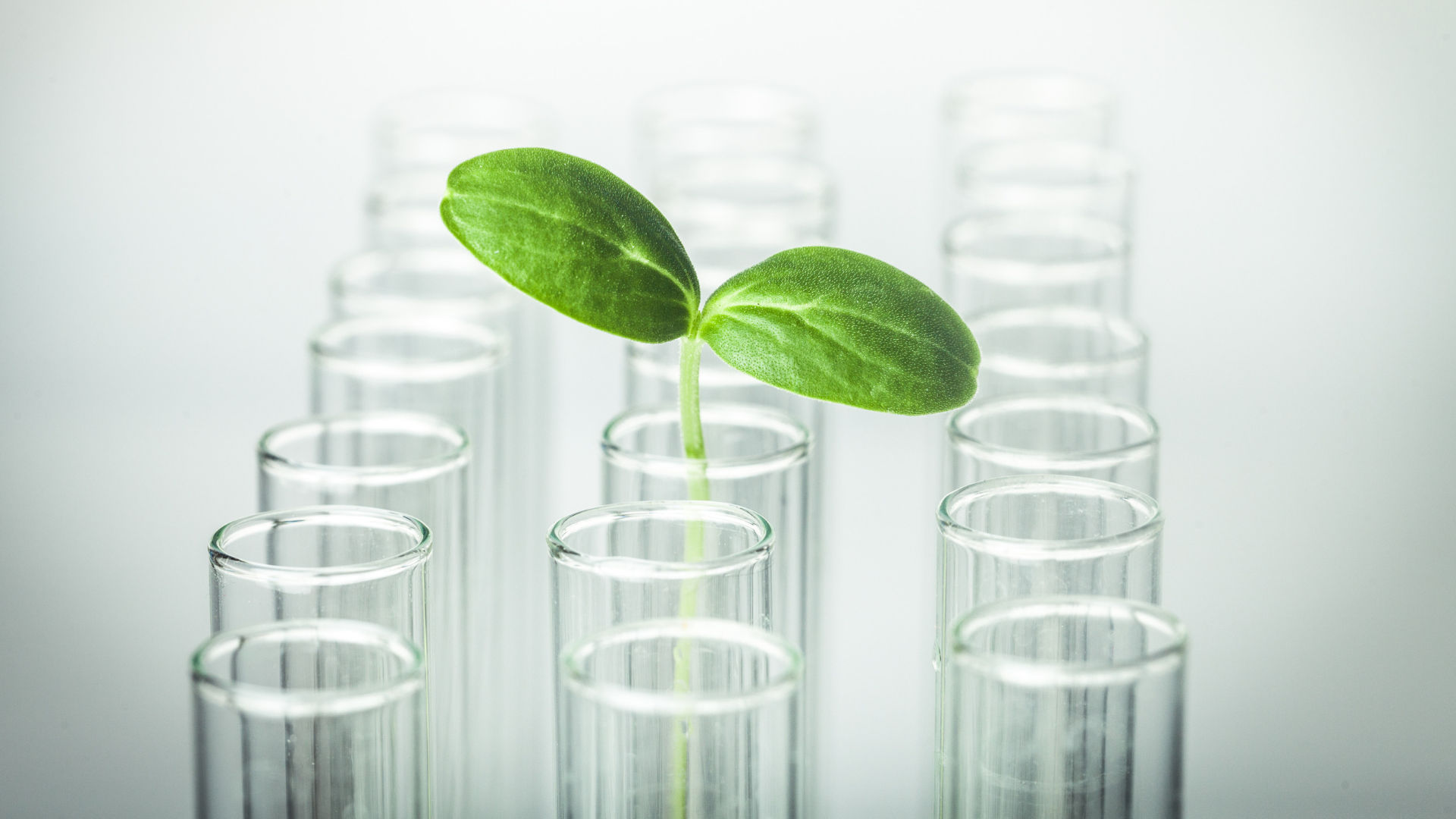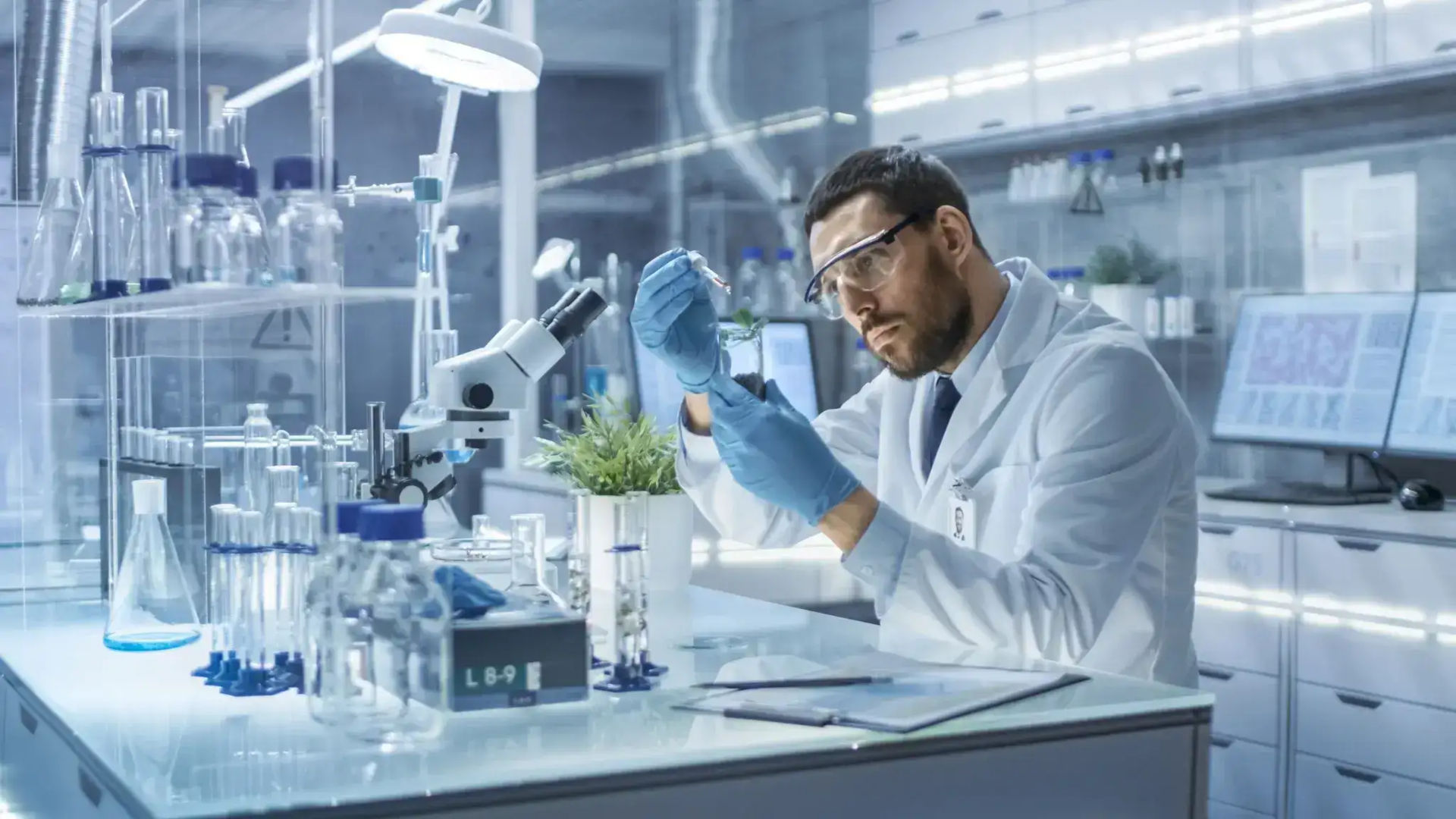Biotechnologies in crop production
Plant production and yields are always affected by various unfavourable conditions. As a result, horticulture growers are beginning to feel the need to be clear about how important biotechnology is in plant production. It should be noted that plants are more often affected by factors such as:
- Viruses and bacteria;
- Soil erosion and weather;
- Weeds, psytopathic fungi;
- Pests.
All of these factors have a negative impact on the cultivation process, but you can defeat all of these problems if you create a responsible and detailed approach to the organization of this process.
Biotechnology in crop production: benefits and strengths
In the modern world, you’re going to have difficulty without biotechnology. An important factor in this process is the rapid growth in the population, resulting in an increase in food consumption. Several applications of biotechnologies there are:
- using of natural reserves such as plant emulsions, mushrooms and high-yield micro-organisms;
- genetic modifications include the introduction of foreign genes into an object that produces the result of genetically modified objects, or GMOs.
Today, various drugs that help gardeners to solve the issues of increasing yields effectively, there are in horticulture. Biomedications by purpose can be classified as follows:
- crop protection products;
- growth regulators;
- products to increase yields.
Despite the excellent results, even in the modern world, the use of GMOs is an undesirable method that is related to the field of biological methods of action, in which microorganisms are predominantly involved. However, many global firms use GMOs quite frequently in their production. They do so not only in crop production but also in livestock and other ones.

Plant biotechnology: a new way to protect plants from pests
In agriculture, specialists use biotechnology very often to protect plants from adverse factors. Among the main methods, there are:
- using of chemicals such as fungicides, herbicides and insecticides;
- development of crop types resistant to adverse environmental conditions;
- using high-volume toxic substances in pest control.
However, each gardener has to make individual choices. Many factors influence this. For example, when using toxins and chemicals, you must comply with several rules and recommendations.
Another important factor that no gardener can ignore is increasing productivity. The positive results in this field have already been achieved by the largest professional enterprises. And yet, scientists do not want to stop. Among the priorities, there are:
- producing plant varieties that can grow normally in saline soils, wetlands or arid climates.
- increasing the nutritional value of crops.
- increasing the habitability and productivity of plants.
A large number of issues exist that remain unsolved. However, biotechnologies have been successfully introduced into plant production. Their use helps gardeners and gardeners to obtain results that are positive and appropriate for modern humans.



